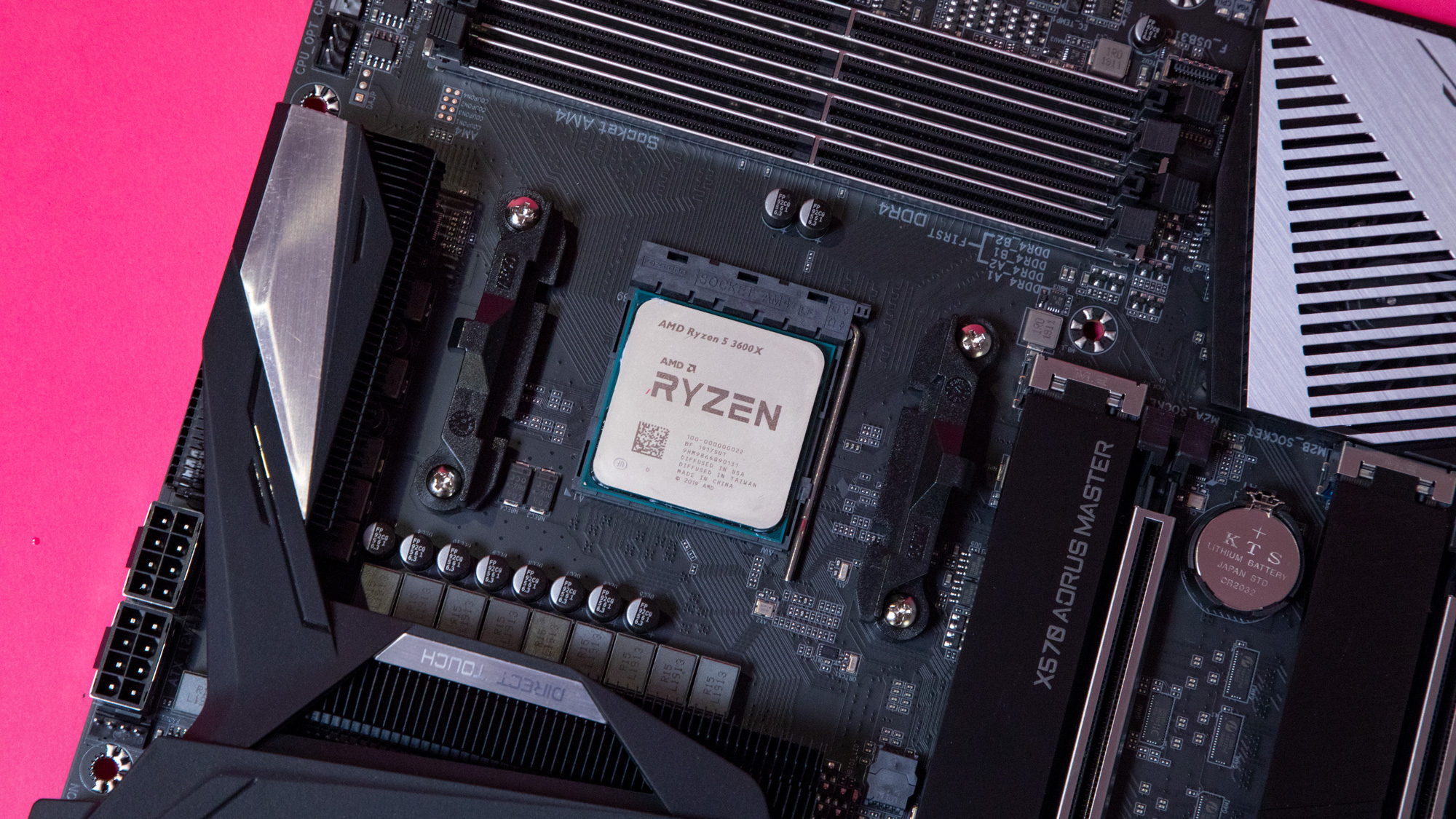AMD Ryzen 3000 CPUs should get faster as fix for boost clock issues is incoming
But don’t expect performance miracles given the fleeting nature of max boost

AMD is preparing to deliver a fix for the Ryzen 3000 boost clock issues which have been much talked about of late, most recently by renowned overclocker Der8auer, who conducted what was a pretty damning survey on the face of it.
pic.twitter.com/nX5za4yjH2September 3, 2019
As you can see above, AMD took to Twitter to clarify that it’s working on a BIOS update which will address the issues folks are having with boost clock speeds and “includes additional boost performance optimizations”.
The boost clock problem is down to a firmware issue, which is apparently situational, AMD says, and the company further clarifies that we’ll get a timeframe for the arrival of this patching on September 10 next week.
- AMD continues to crush Intel with its Ryzen 5 3600
- Rumored Ryzen 5 3500 could take out Intel’s budget CPUs
- These are all the best processors
Of course, not only will AMD need to finish the fix itself, but then it’ll need to be delivered to motherboard makers, who will subsequently need to roll the update out – which will take more time.
At any rate, AMD has admitted there’s some kind of problem with boost speed here, although the statement still takes the time to clarify that the boosts users achieve will depend on all sorts of variables (which is a fair point to make, particularly regarding the cooling solution used with the CPU, and related issues like case airflow).
Hopefully the firmware fix will arrive in a reasonably timely manner, and address these boost problems without causing any fallout in other respects (for example, in terms of chips running warmer – with potential consequences for longevity, which is certainly one fear that has also been aired online).
Flak fired
Indeed, if you’ve been following this whole controversy over online forums and the likes of Reddit – and not forgetting the comments on Der8auer’s video – there has been a lot of flak fired at AMD for this.
Sign up for breaking news, reviews, opinion, top tech deals, and more.
In fact, a good deal of the criticism revolved around AMD keeping quiet and not commenting on this issue in recent times, so it’s good to see a statement finally being made.
Perhaps now we can give the CPU maker the benefit of the doubt, that it was investigating the matter thoroughly and seeking out the best path for a fix, but didn’t want to actually come out and say anything until it was sure of the way forward.
Meanwhile, those Ryzen 3000 owners who have been frustrated over boost speeds have been making some pretty cutting remarks, not to mention floating conspiracy theories – such as the prospect that AMD is reserving the highest quality 7nm chiplets for Epyc processors (for servers) rather than consumer Ryzen.
However, one of the most persistent attacks on AMD that we’ve seen is the threat that the Ryzen chips failing to hit advertised boost speeds could lead to a lawsuit down the line. And that prospect is probably fresh in everybody’s minds because of the recent resolution of the false advertising lawsuit over AMD’s FX Bulldozer chips which ended up costing the company $12.1 million (around £10 million, AU$17.9 million).
Keeping some perspective
Despite all the hoo-ha around this, there are a few things we should bear in mind to keep this affair in perspective. Firstly, that the Ryzen 3000 chips are without doubt excellent pieces of silicon – boost clock issues, or no boost clock issues – as we’ve documented in our many detailed reviews of the processors in the range.
They run damn well, period, and we’ve got to remember that clock speeds aren’t everything in CPU land – the architectural improvements that Zen 2 ushers in cannot be underestimated in terms of lifting overall performance (this is, of course, why old CPUs might have similar-ish clock speeds, but very different performance levels to contemporary silicon).
And the other argument to bear in mind is that often these maximum boost speeds are only reached very fleetingly, and given this, for many tasks, raising that max boost might only have a pretty limited impact on overall performance.
That said, any chip which is launched with a black-and-white spec that promises it reaches a certain boost speed, should be able to reach that boost speed – at least for a peak moment, no matter how fleeting – for, well, obvious reasons.
In a way, all this controversy has stemmed from issues of trust and transparency, as much as any performance concerns.
Darren is a freelancer writing news and features for TechRadar (and occasionally T3) across a broad range of computing topics including CPUs, GPUs, various other hardware, VPNs, antivirus and more. He has written about tech for the best part of three decades, and writes books in his spare time (his debut novel - 'I Know What You Did Last Supper' - was published by Hachette UK in 2013).